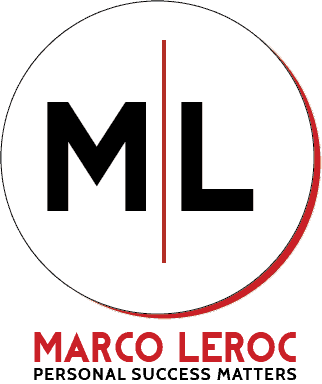The crushing reality of student loan debt

A college education is becoming predominantly more expected among HR departments in businesses across the country. Some individuals may be able to advance through a career without an education past a high school diploma based off built relationships, but the majority of businesses won’t give a resume the time of day if it doesn’t list a college education. In fact, some business professionals are calling college degrees the new high school diplomas.
College tuition has tripled since 1980 while the average student income remained the same, according to George Beall of The Next Web. Beall says that experts warn that this is an economic bubble, much like the housing crisis, that is bound to burst.
Even with the help of scholarships and grants students are forced to the direction of student loans. It’s possible to work your way through college, which a lot of students choose to do, but that limits the opportunity to acquire internships or join school organizations that will provide you with much needed experience while still in school.
Marco LeRoc, author of “Screw College Debt: How to go to college without breaking the bank,” says knowledge is power. “Go into the college game with the winning strategies and plans,” LeRoc says. In his book, he offers 100 at-a-glance strategies to avoid and pay for college debt while also answering every college student’s question: “why the heck is college so expensive.”
College graduates with student loan debt are forced to postpone typical adult experiences such as purchasing a home or a car. It is worse for students graduating and attempting to start a family.
Statistics show 57 percent of Americans plan to use some of their retirement funds to pay for student loans and 34 percent of Americans with student loans aren’t saving for retirement at all, according to Investopedia.



